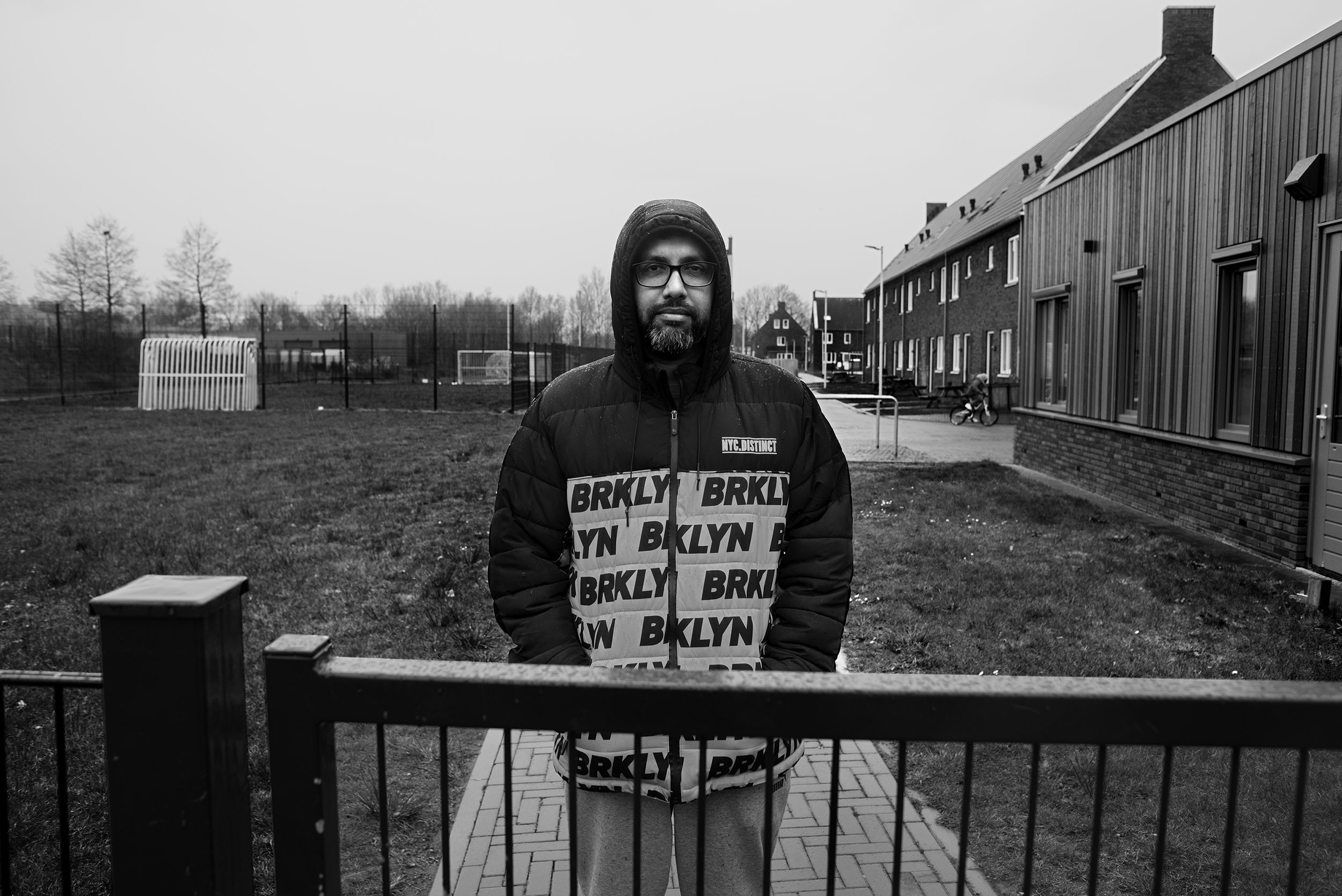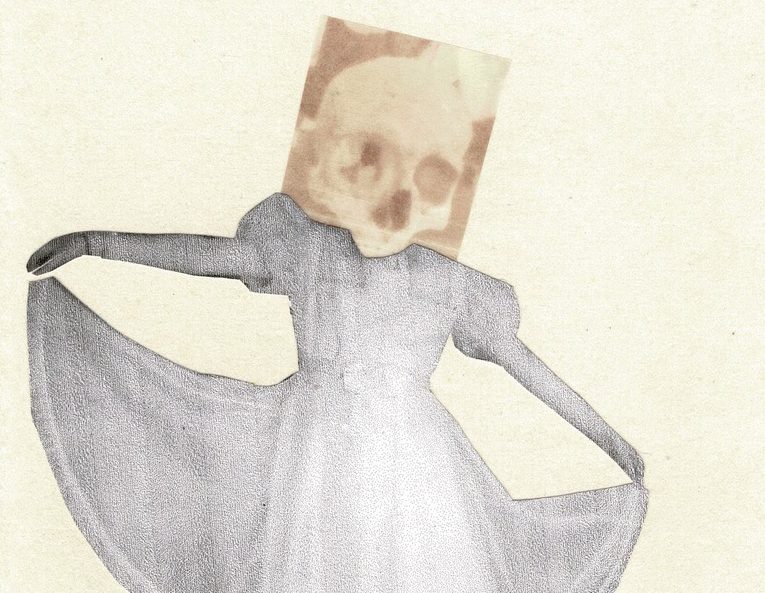In January 2020, the ISRF launched its fifth Mid-Career Fellowship competition. Having received a number of strong proposals, a selection panel met in July 2020 and nominated six projects for funding.
Fifth Mid-Career Fellowship Competition
Scholars from within Europe, more than 10 years post-PhD, were eligible to apply for funding for projects of up to one year. Awards were made to:
Project Abstracts
Phenomenal Time: a Field Philosophy for More Liveable Worlds
Michelle Bastian
Around the globe, stories of environmental mismatches in timing are demonstrating the complicated effects of climate change. Arctic caribou are arriving at their feeding grounds too late for peaks in vegetation growth with devastating effects on new mothers and calves. Atlantic puffins and European woodland birds are also hatching chicks outside of the best times for catching prey. Importantly, this ‘time out of joint’ applies not only to ecological contexts, but social ones as well. Political cycles are thought to encourage short-term thinking, when the climate crisis demands sustained action, and our seemingly ephemeral everyday practices are causing changes that will last into deep geological time. Conventionally, the time of our lives has been studied separately from the time of nature, but the climate crisis has shown that both need to be thought together. In particular, we need ways of understanding and responding to temporal mismatches in order to address the fundamental question of how to better coordinate ourselves in a time of climate breakdown. While the potentials of geological time has drawn much attention (Bjornerud), this project will explore a subfield of ecology — phenology — which studies cyclical and seasonal phenomena in plants and animals. Studying the ways that living beings produce complex temporal arrangements with each other in order to make life possible — and the mismatches that occur when things shift — phenology shows us the possibilities and limits of recalibrating time when everything around us is changing. Initiating a new conversation between the humanities, social sciences and ecology, this project will draw on innovative methods in ‘field philosophy’ to support collaborative enquiries with professional and amateur phenologists. The aim is to explore how new understandings of time can play a role in fostering an awareness of interdependence in the hope of more livable worlds.
Archives of Cultural Surveillance and the Making of Black Histories
Kate Dossett
Surveillance archives are often viewed negatively: activists see them as enemy territory, while many theorists view surveillance as an oppressive force. What then are the implications for black cultural heritage and contemporary black arts if the state and its surveillance systems were –and continue to be – important archivists of black culture? Through this fellowship I will argue that archives of surveillance are an important counter archive for Black British History. I propose to rethink our understanding of the relationship between archives, performance and surveillance by comparing cultural surveillance archives collected by the British and American state in the first half of the twentieth century. Modern historical narratives of these two distinct yet intertwined surveillance systems tend to contrast the public, and widespread investigations of “un-American” activities in the early Cold War United States with the seemingly more moderate, but extensive and covert British surveillance practices of the interwar years. This study asks not which was more harmful, but how different surveillance cultures determined what was collected and preserved, and how this has shaped access to and continues to influence knowledge of black history on both sides of the Atlantic. African Americans stories often serve to displace the research and transmission of Black British stories: Martin Luther King and Malcolm X are household names, but few have heard of British Black Power activist Olive Morris, or Una Marson, the BBC’s first black woman programme maker and presenter during the Second World War. Bringing together archivists, researchers and performers to unpick the history of surveillance archives and explore new uses for them in the future, this project investigates how and when historical surveillance archives empower the surveyed and influence the surveyors, in and beyond, the moment of their creation.
Disability and Politics: Rethinking Representation
Elizabeth Evans
Theoretical approaches to political representation typically distinguish between three dimensions: descriptive representation, the similarity between elected representatives and the represented in terms of their characteristics and backgrounds; substantive representation, the reflection of citizens’ interests and opinions in the preferences of decision-makers and in the outputs of the policy-making process; and, symbolic representation, the effects that representatives have on the electorate. These dimensions have been analysed empirically, specifically in relation to gender and/or ethnicity, which has developed scholarly knowledge and the public understanding of political representation. However, there have been very few studies of disability as it relates to political representation, either at the theoretical or empirical level. This project brings together interdisciplinary disability scholarship with political theory and political science, in order to rethink political representation.
This research develops theoretical and empirical approaches to political representation. First, the research adopts the social model of disability, a theoretical framework which focuses on how society disables people; here disability is understood as an oppressive social construct rather than a set of individual impairments. Bringing a disability lens to the study of the conceptual dimensions of political representation will help identify and interrogate epistemological ableism, the idealisation of able-bodiedness/able-mindedness. Second, the research will provide a case study analysis of a unique set of qualitative interviews I have undertaken with UK-based disabled activists and politicians, conducted as part of a commissioned Government-funded project into the barriers to elected office for disabled people. This empirical analysis will examine the impact of disabled politicians and question how disabled people’s interests and issues are framed; drawing upon disability studies scholarship will help reveal patterns of disablism, the practice of excluding or marginalising people based upon their impairments. The research will benefit scholars and those beyond academia interested in improving and enhancing the representation of disabled people.
Milgram and Beyond: Towards a Psychosocial Theory of Violence
David Kaposi
The proposed project has two aims. The first is to re-interpret Stanley Milgram’s “obedience to authority” experiments via the quantitative-qualitative empirical analysis of the largest currently researched data-set of experimental sessions (N=210). The second aim is to expand this re-interpretation towards a general theory of social-political violence. Both aims will draw conceptually and methodologically on psychosocial studies and (object) relational psychoanalysis.
The analytic focus of the project is the interpretative framework that Milgram constructed to make sense of his laboratory proceedings: a binary moral scenario where the supposed task of his naïve participants was to choose between the experimental authority, who was instructing them to continue administering painful/lethal electric shocks, and the learner/victim, who was begging them to stop. Many important aspects of the “obedience” experiments are now contested, yet this moral framework remains unchallenged. It continues to reinforce the customary bifurcation of violent acts into wholly bad perpetrators (to be exclusively blamed) and wholly innocent victims (to be exclusively empathised with).
Empirically, the present project will contest the validity of the binary framework. It will explore alternative ambiguous, ambivalent and even self-contradictory positions within the experiments: a divided learner/victim appealing to yet undermining a potential ally, and an elusive experimenter whose effectiveness in engendering violence derives not from explicit instructions to participants but from disengagement from participants’ moral existence.
Theoretically, the project will then expand this analysis towards a general account of social-political violence. Drawing on psychosocial and (object) relational psychoanalytic resources, violent (internal and external) relations will be highlighted to challenge the customary bifurcation. This potentially troubling alternative framework will introduce the possibility of violent agents who suffer and victims who are violent, and highlight thus a non-binary reality that is constantly in flux and may undermine our very agency.
Mapping a Pre-Partition City: the Communal Geographies of Late-Colonial Delhi
Stephen Legg
This project establishes innovative dialogues, theoretical insights, and methodologies between human geography, colonial history and the political sciences through a path breaking use of historical-GIS to map the spatial dynamics of urban communities. It provides historical insight into two of the most pressing social and political challenges facing contemporary South Asia: ‘communal’ (Hindu-Muslim) violence; and understanding the ‘city’. It shows how divisions emerged in interwar, late-colonial (1927-47) Delhi between previously intertwined religious communities, pre-shadowing the partition of cities, regions and India itself in August 1947. Analysing administrative files, CID-police reports, newspaper coverage and personal papers, both elite political mobilisation and popular participation in the city will be reconstructed, in dialogue with provocations and methodologies emerging from political sciences and colonial history. The former draws on ‘South Asian Governmentality’ work, exploring the rationalities and techniques through which communal behaviour was encouraged and disciplined. The latter draws on ‘Subaltern Studies’ historical research, teasing out methods for interpreting the political and social lives of non-elites. Mapping the processions, meeting grounds, sites of protest and communities of resilient commingling will evidence political motivations and participation, much of which resisted rather than supported communal division. Drawing upon University of Nottingham GIS expertise, the project pioneers two types of mapping: cartographic maps blend geographical and political analysis of processions, meetings, segregation and incidents; while spatial and cultural historical analysis blend in ‘mental maps’ gleaned from petitions, letters and memoirs, charting the geographical imagination of communal Delhi. A monograph will contribute an under-told history of India’s capital, and explore religions as lived, contested but neglected elements of the ongoing ‘urban turn’ in historical and political scholarship. More broadly, the project contributes to ongoing efforts to understand the causes behind social inequality, ideologies of difference, and the role of space in dividing but also uniting individuals and communities.
Landscapes of Loss: Revaluing Labour, Remaking Community
Lisa Taylor
This project explores what happens to communities when once thriving mills, offering employment to company villages, are closed down and demolished. It approaches this deindustrialised landscape as a site of trauma and loss. It brings together psychoanalysis, cultural geography and non-representational theory to develop a photography project of hand gestures used in noisy mills, as a way of healing and rebuilding communities. It aims to develop interdisciplinary, creative approaches to the real-life problems of post-industrial areas where communities are eroded or divided and argues for care provision and healing opportunities.
It expands on my earlier ethnography of Bailliff Bridge’s carpet factory in West Yorkshire, which was demolished in 2002 (Taylor, 2019a). I examined how ageing ex-workers and residents responded to spatial change by using innovative ‘walk and talk’ tours (Carpiano, 2009) and by gathering photographs and objects (industrial machinery, retrieved mill bricks). My proposed project aims to investigate the importance of these photographs/objects to examine the creative potential of nostalgia as a response to loss in late-modernity (Keightley and Pickering, 2012). Drawing on photographic motifs and ex-worker knowledge, artist Catherine Bertola will make large scale photographs depicting the hand gestures, used to communicate and make carpets, to be displayed along the perimeter fences where Clifton Mill once stood, making visible the once hidden, now lost labour of this site.
The research hopes to re-bind the damaged tissues of a community, so that older respondents begin to develop affective ties with newcomers who now reside in housing developments around the once-mill. By deepening an understanding of why photographs are so important to respondents, this project will empirically test out the positive reclamation of nostalgia as an emotion that helps people cope with loss. My work will argue that psychotherapeutic care should be offered to communities experiencing catastrophic spatial and communal loss.
Contacting Grantees
If you would like to contact any of our Grantees to discuss their ISRF-funded work, please contact Dr Lars Cornelissen (Academic Editor) in the first instance, at [email protected].





